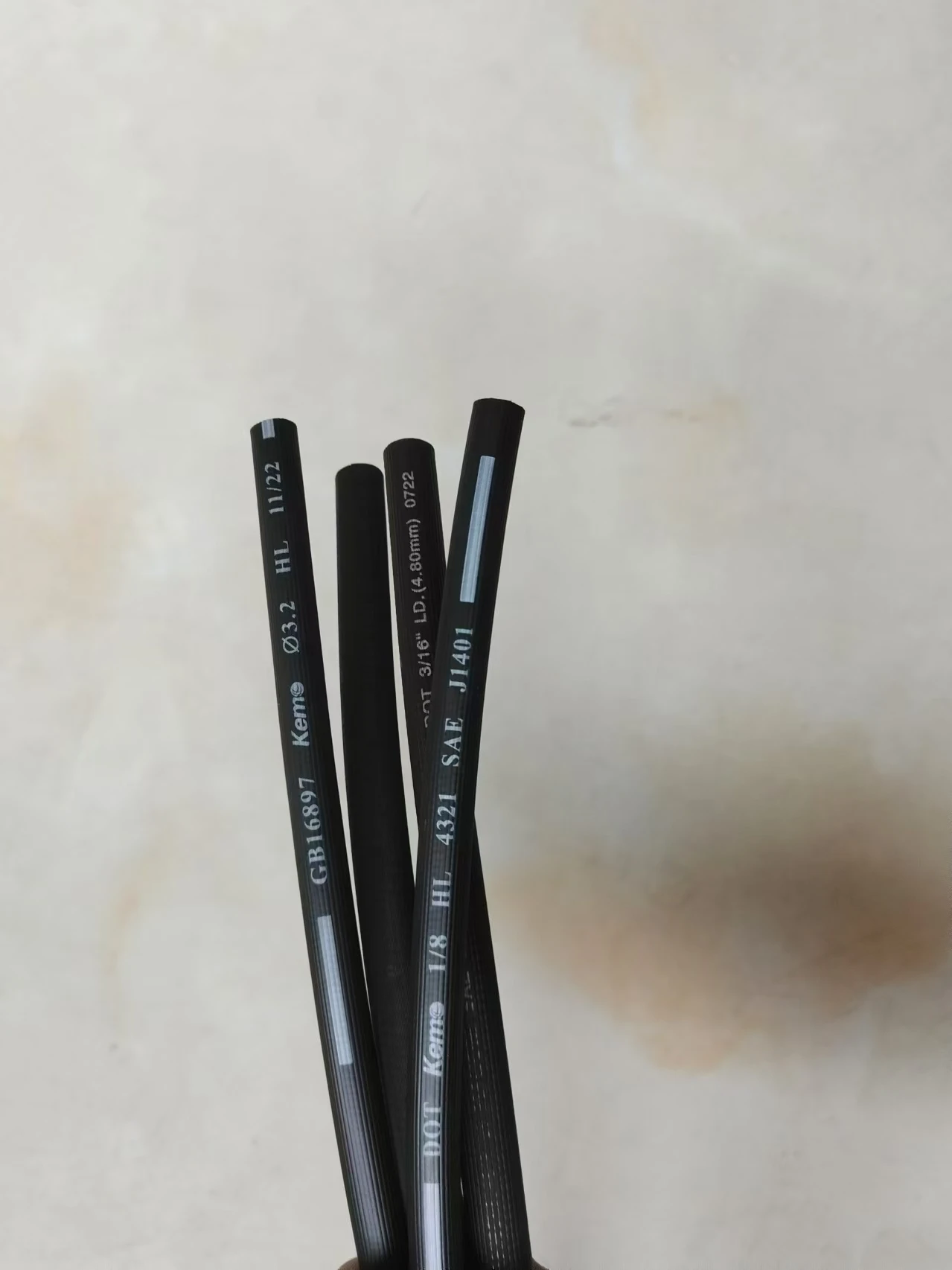Enhancing Efficiency with Steering Fluid Distribution Pipes for Optimal Performance
سېنتەبىر . 28, 2024 18:18 Back to list
Enhancing Efficiency with Steering Fluid Distribution Pipes for Optimal Performance
The Importance of Steering Oil Pipes in Automotive Systems
Steering systems play a pivotal role in the overall functionality and safety of a vehicle. One of the critical components within this system is the steering oil pipe, which enables the proper flow of hydraulic fluid, ensuring smooth and responsive steering. Understanding the significance of steering oil pipes can lead to better maintenance practices and improved vehicle performance.
What is a Steering Oil Pipe?
A steering oil pipe is a specialized conduit designed to transport hydraulic fluid between the steering gear and the power steering pump. In vehicles equipped with hydraulic power steering systems, these pipes are essential for transmitting the pressure needed to assist in steering maneuvers. The fluid dynamics involved facilitate easier turning of the steering wheel, particularly beneficial during low-speed situations or when parking.
Functionality and Design
The steering oil pipe is engineered to withstand high pressure and temperature variations typical in automotive environments. Typically constructed from durable materials such as steel or reinforced rubber, these pipes must resist wear, corrosion, and potential leaks. The design usually includes bends and curves to accommodate the vehicle's layout, ensuring an efficient flow of hydraulic fluid without obstructing other components.
The functionality of steering oil pipes extends beyond mere fluid transfer. They play a crucial role in maintaining the appropriate fluid levels and pressure necessary for optimal steering performance. If a steering oil pipe develops a leak or becomes clogged, it can lead to inadequate fluid levels, resulting in heavy steering, increased wear on the steering components, and, ultimately, operational failure.
Maintenance and Common Issues
steering oil pipe

Regular maintenance of the steering oil pipes is essential for vehicle longevity and performance. Drivers should be vigilant for signs of wear and tear, such as fluid leaks underneath the vehicle or a noticeable change in steering response. Common issues that can arise include cracks, kinks, or corrosion in the pipes, all of which can impede fluid flow.
Routine inspections, particularly before long trips or during scheduled vehicle maintenance, can help catch problems early. It is advisable to check the power steering fluid level and ensure the steering oil pipe connections are secure and free from leaks. In cases where issues are detected, immediate repairs or replacements are necessary to avoid more severe mechanical failures.
Innovations in Steering Systems
With the automotive industry continuously evolving, innovations in steering technology have emerged. Modern vehicles increasingly incorporate electric power steering systems, which utilize electric motors instead of hydraulic fluids for assistance. While this technology may reduce the reliance on steering oil pipes, many vehicles still utilize traditional hydraulic systems, particularly in larger trucks and performance vehicles.
As automotive engineers strive for efficiency and improved performance metrics, the importance of reliable steering oil pipes remains apparent. Even with advancements in steering technology, maintaining the integrity of steering oil pipes helps ensure the safety and comfort of drivers and passengers alike.
Conclusion
In summary, steering oil pipes are indispensable components of hydraulic steering systems, contributing significantly to a vehicle’s maneuverability and overall safety. Understanding their functionality, maintaining them diligently, and addressing any issues promptly can enhance performance and extend the lifespan of both the steering system and the vehicle as a whole. As automotive technologies advance, the foundational role of steering oil pipes remains vital, underscoring the interplay between engineering and practical vehicle operation.
